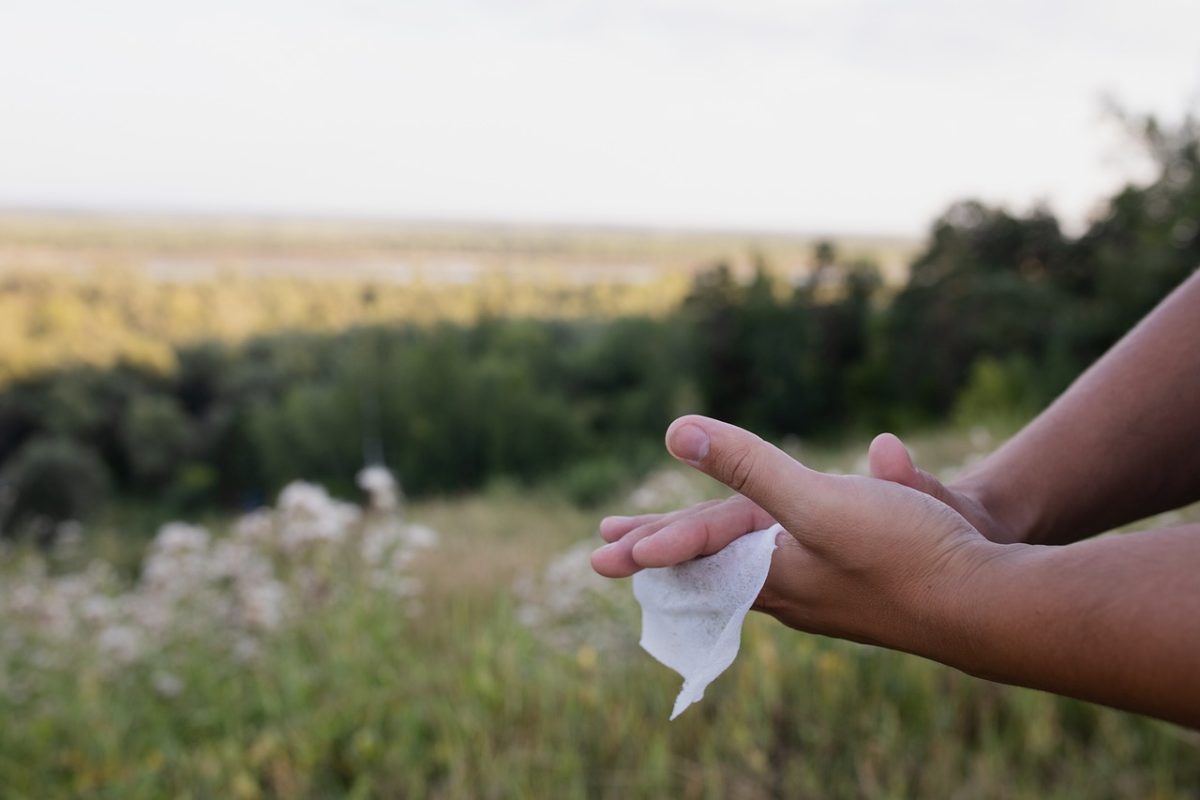Food Standards Scotland (FSS) and the Food Standards Agency (FSA) have published their annual ‘Our Food’ report, which reviews food standards across the UK for 2022. This is the second report since the UK left the EU and is an independent and evidence-based annual assessment of food standards across all four nations.
Overall, food standards remained stable in 2022, despite pressures including inflation, labour shortages and the war in Ukraine. However, the report identifies shortages in key occupations needed to keep food safe, such as vets and food inspectors.
Without enough people with the right skills to deliver essential food controls, it will be more difficult to identify, monitor and respond to risks to food safety, leaving consumers and businesses vulnerable.
FSS and the FSA are calling on government, local authorities, professional bodies and industry to:
- Address the decline in local authority Trading Standards officers, Environmental Health and Food Safety officers to ensure food standards are maintained;
- Tackle the shortage of Official Veterinarians to protect animal health and welfare and trade and assure food hygiene standards;
- Share more and better-quality information across the food industry to help stop criminal gangs and tackle food crime that costs the UK up to £2 billion per year; and
- Introduce import controls on food imported from the EU to help reduce the risk of unsafe food entering the UK from the EU.
Confidence in the food system underpins an industry worth £240 billion and supports good animal welfare, farmers, food processors, international trade and the UK’s vibrant food culture.
Heather Kelman, Chair of Food Standards Scotland said:
“It is encouraging to see that in 2022, amid several significant challenges both here in the UK and further afield, the overall safety and standards of our food has been upheld to the very high standards which we expect.
“However, we must recognise the very significant challenges ahead and the potential problems that a lack of resourcing, specifically within environmental health officer and official veterinarian roles, may cause to the overall food system. It is now more important than ever for those who govern the system, as well as everyone involved in food production, retail and distribution, to work together to ensure food is safe and consumers and trade are protected.
“It is critical that, together, we do everything we can to ensure we have a modernised system of assurance to support businesses that provide safe food for everyone and that the UK’s high food standards are maintained, in spite of the cost and workforce pressures we continue to face.”
Professor Susan Jebb, Chair of the Food Standards Agency, said:
“The food system across the UK experienced significant challenges throughout 2022, with the rising cost-of-living and inflation impacting grocery bills for consumers, and food businesses feeling the pressure of labour shortages and increased supply chain costs.
“Despite these pressures, I’m encouraged that our report indicates that overall, food standards have remained stable. However, food safety and standards hinge on good procedures and skilled people to ensure that the right checks are carried out. It takes time to recruit and develop these skills and we worry that without specific action to boost the workforce, specifically to recruit more official veterinarians and local authority inspectors, it will not be possible to maintain these high standards in the future.
“Failure to recruit and train professionals to key posts can have reverberations for many years to come. We ask governments across the UK, and others, to work with us to address these matters in the coming year so that people in the UK can continue to have food they can trust, and the strong reputation of British food abroad is maintained.”
Workforce data in the report shows a 14% decline in food hygiene posts in Local Authorities in England, Wales and Northern Ireland over the last decade, with over 13% of available posts vacant. In Scotland, the number of food law officers (undertaking both food hygiene and food standards work) has fallen by just over a quarter (25.5%) compared to 2016/17.
The number of UK food standards officers has fallen by 45% compared to 10 years ago. The UK veterinary profession has experienced a 27% decline in people joining the profession between 2019 and 2022, creating significant challenges in securing enough Official Veterinarians (OVs) for the future.
The report highlights the risks that come from these falling numbers. A lack of Official Veterinarians poses risks to animal health and welfare and the potential disruption of domestic food supply and the ability to export products of animal origin. Workforce pressure experienced by Local Authority teams risks hampering their capacity to conduct critical food safety and standards checks in food businesses.









